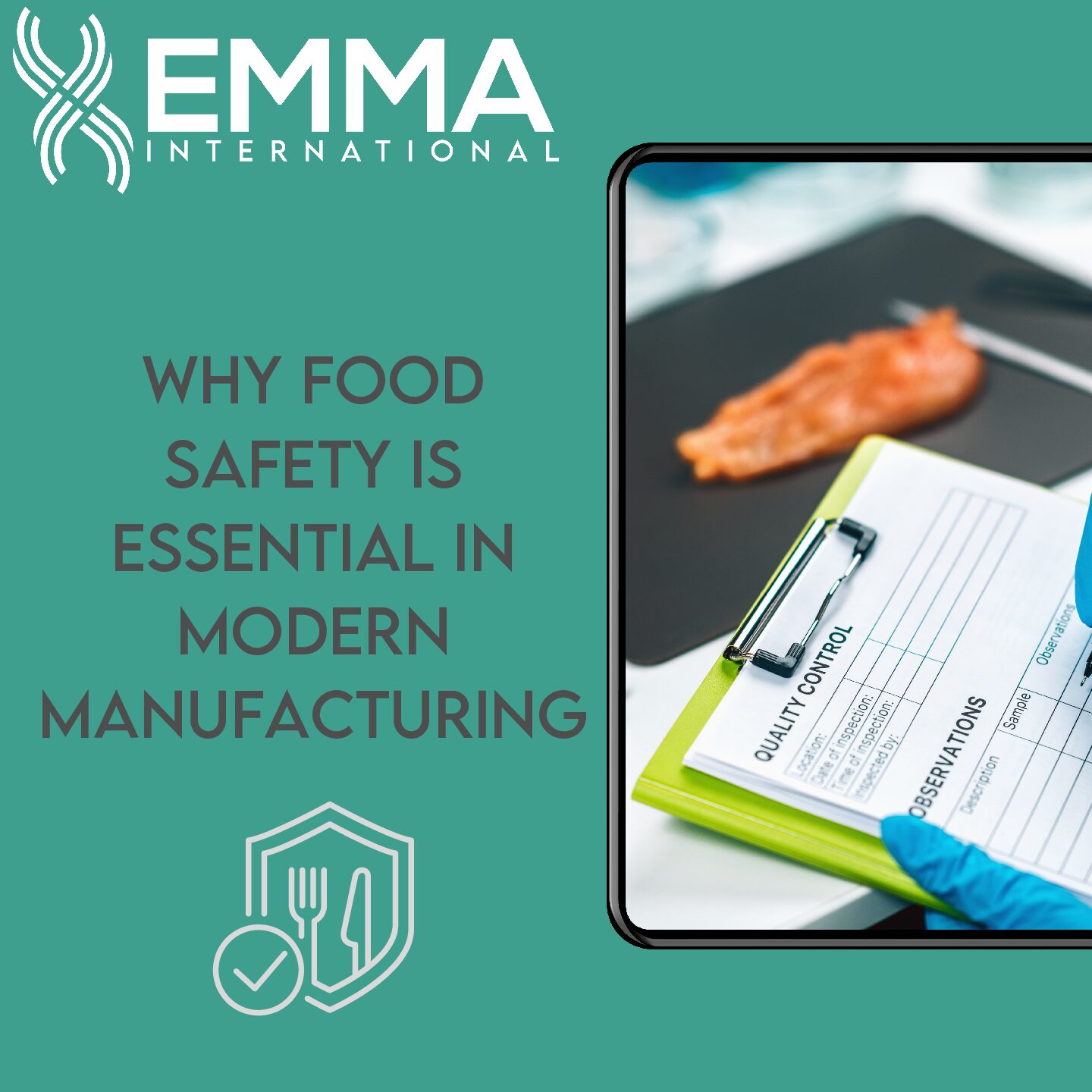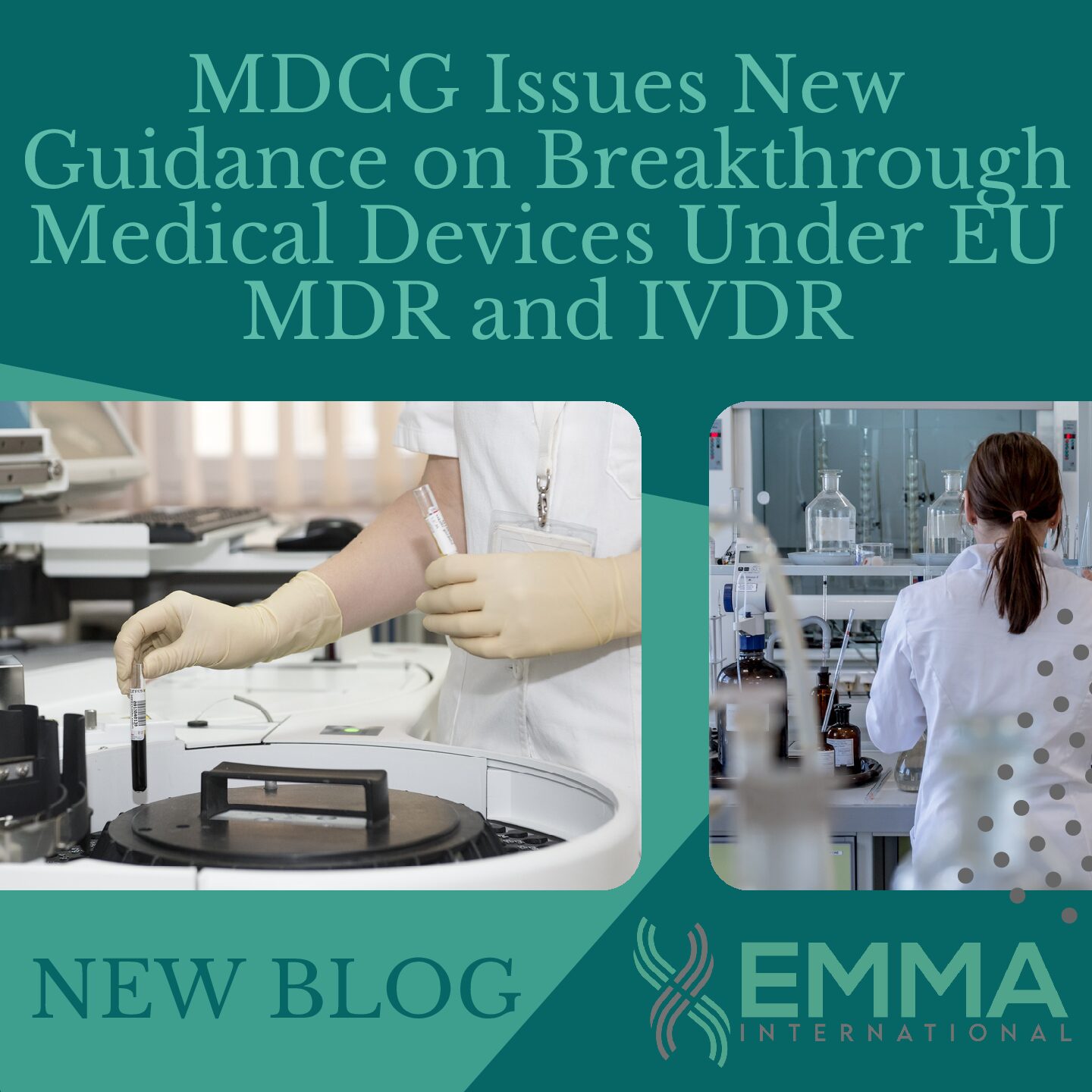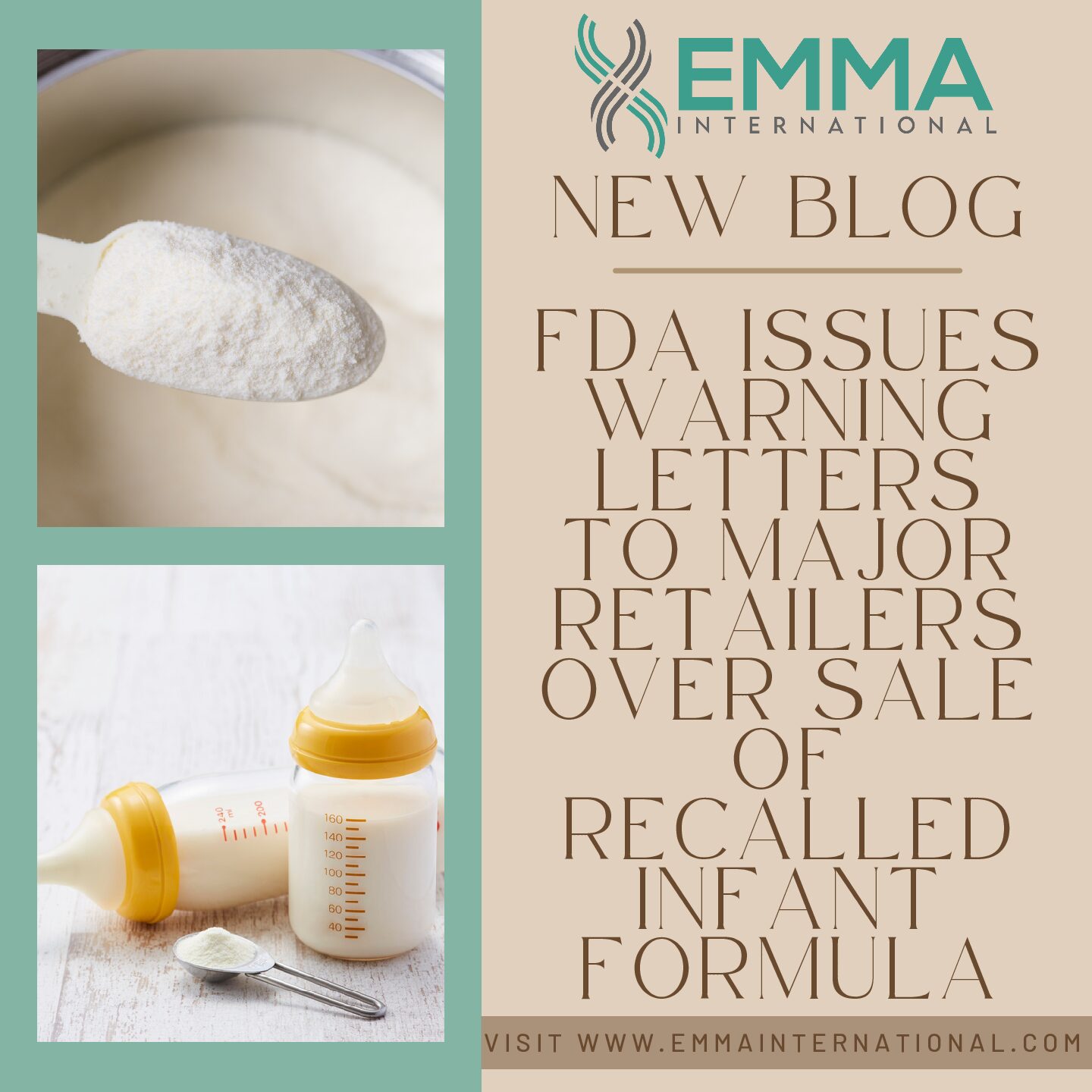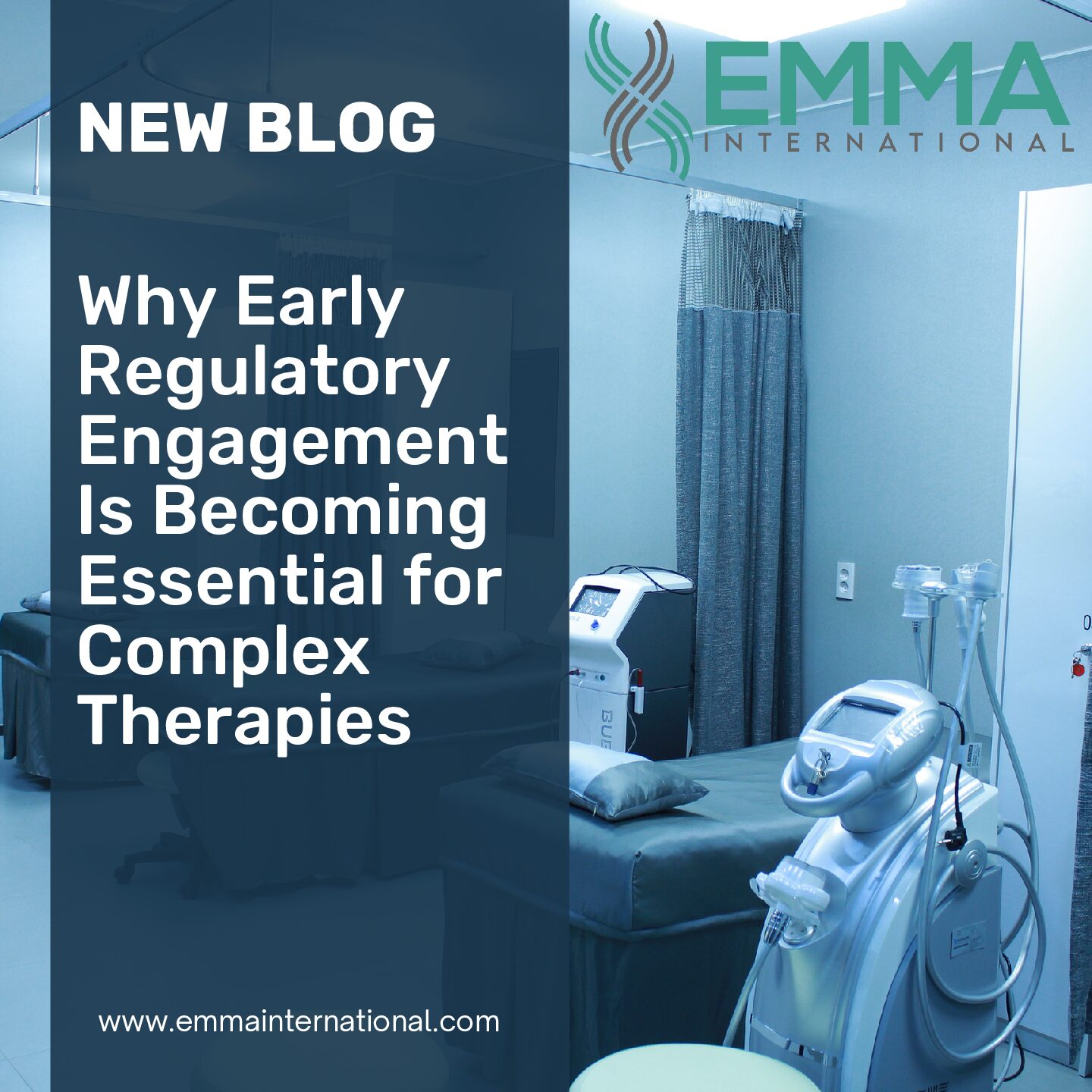In today’s globalized and highly interconnected world, food safety is not just a regulatory requirement, it’s a critical component of responsible and resilient manufacturing. As supply chains grow more complex and consumer expectations rise, manufacturers must prioritize food safety to ensure product integrity, protect public health, and maintain trust.
At its core, food safety refers to the handling, preparation, and storage of food in ways that prevent contamination and foodborne illnesses. While traditionally associated with the food industry, food safety practices are increasingly relevant in broader manufacturing settings where products may contain ingestible ingredients, nutritional components, or are processed using shared facilities.
Contamination can occur at multiple stages of production. Raw materials may be exposed to biological agents like bacteria or viruses, chemical hazards such as pesticides or cleaning residues, or physical hazards like metal fragments or plastic. Without robust safety systems in place, these contaminants can persist throughout processing and packaging, reaching the end consumer with potentially serious health consequences.
Global frameworks such as the Hazard Analysis and Critical Control Points (HACCP) system offer a structured, preventive approach to food safety. By identifying potential hazards and establishing control measures at critical points in the process, manufacturers can reduce the risk of contamination before it happens. The World Health Organization (WHO) endorses HACCP as a key method for ensuring safe food production across a variety of sectors (WHO, 2022).
Beyond the internal benefits, strict adherence to food safety protocols is increasingly necessary to meet international regulations. In the United States, the Food Safety Modernization Act (FSMA) introduced by the U.S. Food and Drug Administration (FDA) emphasizes preventive controls and gives regulators broader authority to enforce standards (FDA, 2020). Similarly, the European Food Safety Authority (EFSA) sets comprehensive safety guidelines that affect manufacturers operating in or exporting to the EU (EFSA, 2023).
Investing in food safety also has tangible operational benefits. Companies that implement strong food safety programs often see fewer recalls, reduced waste, and improved process efficiency. Moreover, advanced technologies such as real-time monitoring systems, sensor-driven audits, and traceability tools enable quicker detection of risks and faster corrective actions, minimizing disruption and protecting brand reputation (McKinsey & Company, 2021).
Equally important is the role of culture. A successful food safety program is not just a set of procedures, it’s a mindset embraced at every level of the organization. From top-level management to production floor staff, everyone must understand their role in ensuring safety. Regular training, clear communication, and accountability mechanisms help reinforce the importance of vigilance and consistency.
In conclusion, food safety is an essential pillar of modern manufacturing. It safeguards public health, strengthens supply chain resilience, and reinforces brand integrity. As global demand and regulatory expectations grow, manufacturers must adopt a proactive, systematic approach to safety, making it an integrated part of their operations, not just a regulatory checkbox.
If you have a facility that could use guidance in this essential pillar of modern manufacturing, EMMA International has a team of seasoned professionals ready to help. Contact us at (248) 987-4497 or info@emmainternational.com and let us support you in supporting the world’s food supply.
References:
World Health Organization (2022). Food Safety. https://www.who.int/news-room/fact-sheets/detail/food-safety
U.S. Food and Drug Administration (2020). FSMA Final Rule for Preventive Controls for Human Food. https://www.fda.gov
European Food Safety Authority (2023). Food Safety Standards and Requirements. https://www.efsa.europa.eu
McKinsey & Company (2021). Transforming Quality and Compliance in Manufacturing. https://www.mckinsey.com





